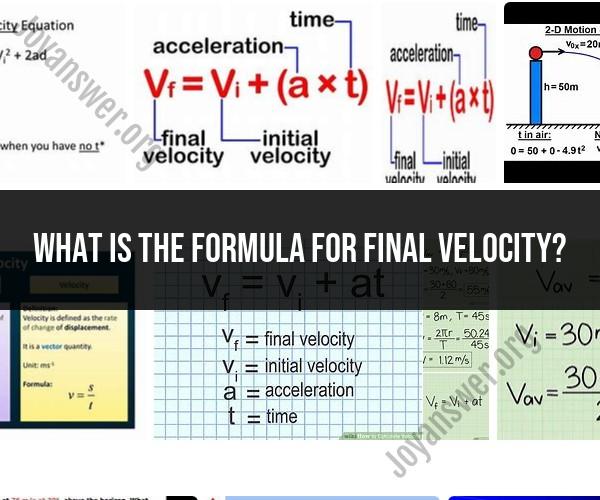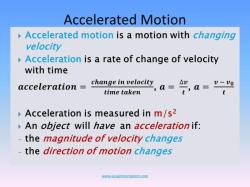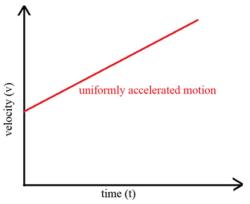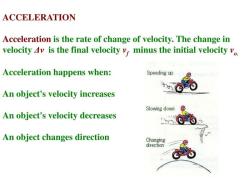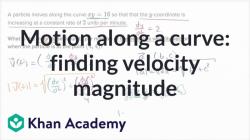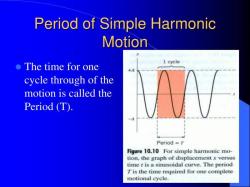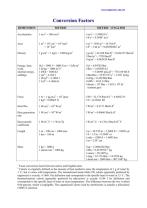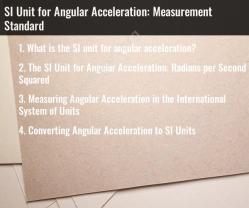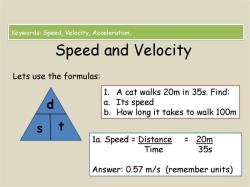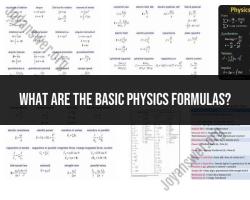What is the formula for final velocity?
The formula for calculating the final velocity () of an object is typically used in physics and is expressed as:
Where:
- is the final velocity of the object.
- is the initial velocity of the object.
- is the acceleration of the object.
- is the time period over which the velocity is changing.
This formula describes how the final velocity of an object changes when it is subject to a constant acceleration over a specified time period. Here's a breakdown of the terms:
(final velocity): This is the velocity of the object at the end of the given time period.
(initial velocity): This is the velocity of the object at the beginning of the time period.
(acceleration): Acceleration is the rate at which an object's velocity changes over time. It can be positive, negative (deceleration), or zero (no change in velocity).
(time): This is the duration over which the object experiences the acceleration. It's typically measured in seconds (s).
This formula is derived from the equations of motion in classical mechanics and is particularly useful for calculating the final velocity of an object when you know the initial velocity, the acceleration it experiences, and the time over which the acceleration occurs.
Keep in mind that if the acceleration is not constant or if there are other forces acting on the object, more complex equations of motion may be required to calculate the final velocity accurately.
